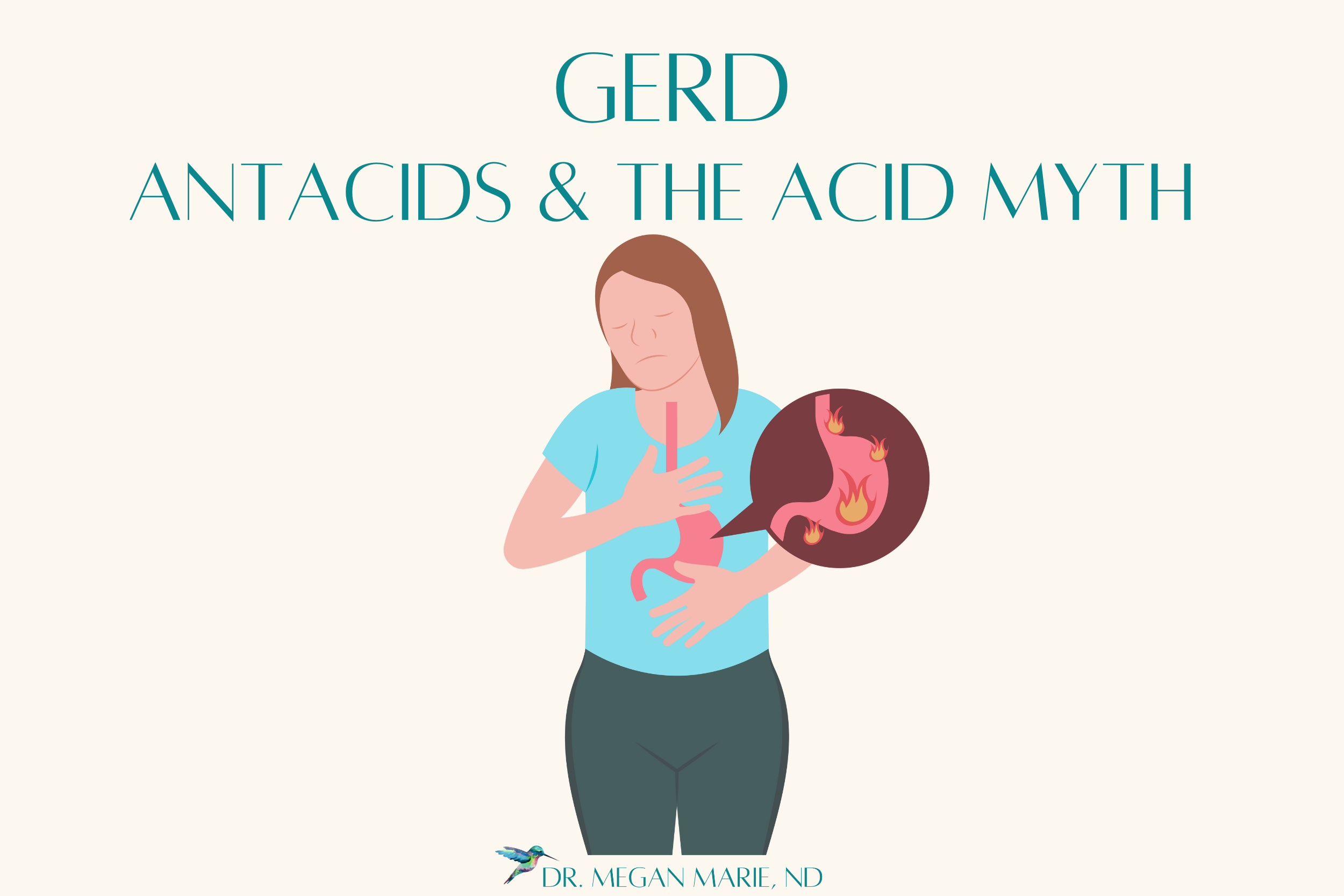GERD, Antacids, and the Acid Myth
If you’ve had your gallbladder removed—or even if you haven’t—but still struggle with reflux, bloating, or a burning throat, you’re not alone. Despite what we’ve been told, GERD isn’t always caused by too much acid. In fact, low acid and sluggish digestion are often the real culprits. In this post, we’ll explore the truth about antacids, the surprising role of bile, and simple, root-cause strategies to restore digestive flow—without lifelong meds.
Gallbladder Removal: What You Weren’t Told
Most people are told their gallbladder is “optional”—but no one tells them why it failed in the first place or what their body needs afterward. This post dives into the real reasons behind gallstones, what happens to digestion without a gallbladder, and how to support your liver, gut, and nutrient absorption for better health long-term.
Halides & Your Thyroid: A Balancing Act
Did you know that fluoride, chlorine, and bromide—common in water, food, and household products—can compete with iodine and disrupt thyroid function? This post explores how these halides impact thyroid health, why iodine is essential, and how historical interventions like fluoridation and bromated flour may be affecting us today. Learn how halides are processed in the body, their connection to non-celiac gluten sensitivity, and practical strategies to reduce exposure and support detoxification through food, filtration, and supplementation. Protect your thyroid by making informed choices.
The Endocrine Society's Vitamin D Guidelines: A Step Backward?
The Endocrine Society Just Downplayed Vitamin D—But Should They Have?
The Endocrine Society’s latest guidelines claim vitamin D deficiency isn’t a major concern and that most adults don’t need to supplement beyond the RDA. But does this align with what we know about vitamin D’s role in insulin regulation, immune health, and hormone balance? In this post, I break down why their stance ignores decades of research, what symptoms of deficiency to look out for, and how to optimize your vitamin D levels for better health.




